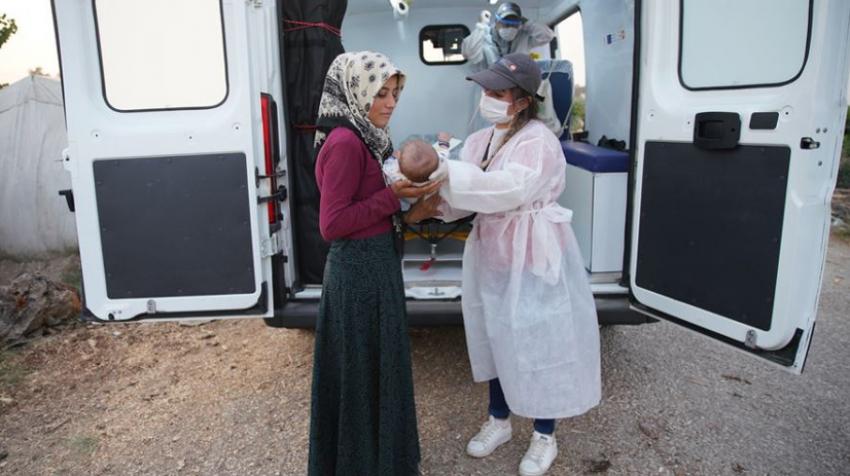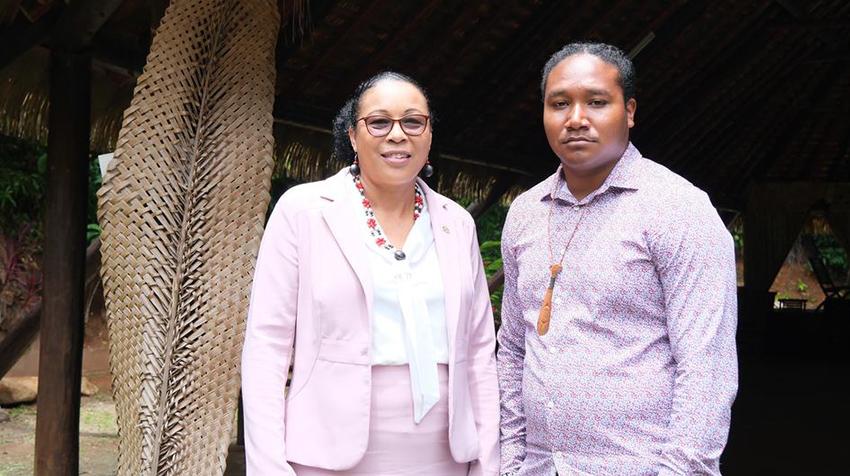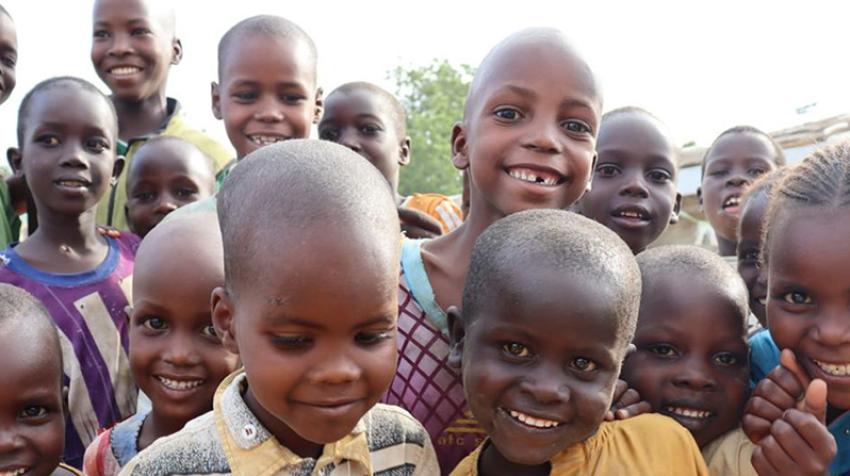Today, there are about 7.9 billion people in the world. The population will continue to grow in the coming decades, albeit at a progressively slower pace. Whereas the COVID-19 pandemic is unlikely to affect this trajectory in the long run, it is expected that, in the short run, some countries will experience a baby boom, whereas other countries may face a baby bust as a result of the pandemic.
Countries in sub-Saharan Africa and Latin America and the Caribbean may experience short-term increases in unintended pregnancies due to disruptions in access to family planning services. In the long run, though, fertility is unlikely to be affected. Many other countries around the globe will likely experience a baby bust as a result of the pandemic, a common behaviour in the aftermath of shocks.
At this year’s World Population Day, celebrated on 11 July, the impact of the COVID-19 pandemic on fertility will take center stage as the main theme for the commeroration.
To mark the day, UN DESA’s Population Division, in collaboration with the United Nations Population Fund (UNFPA), is gathering a panel of leading demographers and population experts on 14 July from 9 to 10 am EDT to discuss the impact of the pandemic on fertility preferences and behaviours, the availability and use of family planning, teenage marriage, challenges of data collection and more.
World Population Day, first celebrated in 1987 when the world welcomed its fifth billionth inhabitant, is an opportunity to highlight the linkages between population and development, the need for greater population assistance to developing countries, and the unsustainability of current production and consumption patterns. Since then, the global population has surpassed 7 billion and the number is projected to stabilize by the end of the twenty-first century at about 11 billion people. Low and lower-middle income countries are currently facing the fastest population growth, whereas a growing number is experiencing population stabilsation and even decline.
Achieving the Sustainable Development Goals (SDGs), particularly those related to reproductive health, education and gender equality, can accelerate the process of slowing population growth. The commitment of high- and upper-middle-income countries to reduce their ecological footprint will be critical in achieving the SDGs related to the environment.
Learn more on this topic and on the commemoration event here.
Photo: UNFPA/Turkey




